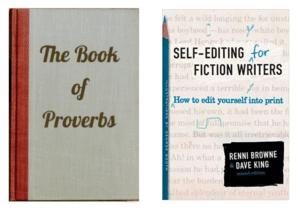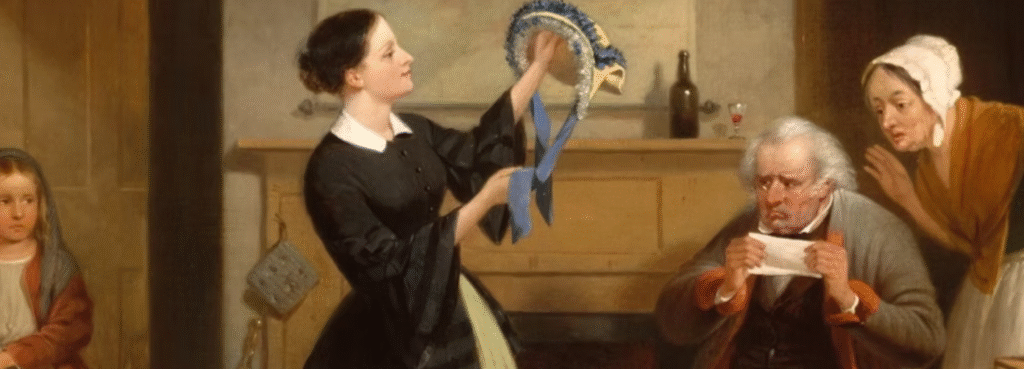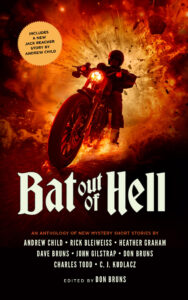
Proverbs are short sentences drawn from long experience. —Miguel de Cervantes
* * *
Note: This blog post was taken from one I posted on my own blog in 2019.
* * *
Every morning I sit down with my bowl of oatmeal and cup of coffee and read a chapter in the Book of Proverbs. I’ve been doing this for a very long time — so long, I can’t remember when I started or where I got the idea.
Now, I’m all about doing things the easy way, so since there are thirty-one chapters in Proverbs, I read the chapter whose number corresponds with the date. Therefore, I go through the entire book each month. (Okay, chapter 31 doesn’t get as much attention as it deserves, but it’s still a pretty good system.)
The thing about the Book of Proverbs that interests me is the wealth of wisdom found in its pages. Practical wisdom. A soul-searching, character-changing experience in less than five minutes every morning.
“Good sense makes one slow to anger,
and it is his glory to overlook an offense.” – Proverbs 19:11
“A good name is to be chosen rather than great riches” – Proverbs 22:1a
“Pride goes before destruction,
and a haughty spirit before a fall.” – Proverbs 16:18
“A dishonest man spreads strife,
and a whisperer separates close friends.” – Proverbs 16:28
I could go on, but you get the idea. The Book of Proverbs is surely self-editing for the soul.
* * *
I may not remember exactly when I started reading the Proverbs every morning, but I remember precisely where I was when I first heard about Self-editing for Fiction Writers. I was attending a panel discussion for new authors at my first writers conference (Killer Nashville 2017.) The subject was how to improve your writing, and one of the speakers said the book Self-editing for Fiction Writers was an essential addition to any writer’s library. So I bought a copy and started reading.
Talk about practical wisdom!
“To write exposition at length … is to engage your readers’ intellects. What you want to do is to engage their emotions.” – Chapter One, “Show and Tell”
“When you make the point of view clear at the beginning of a scene, you get your readers involved right away and let them get used to inhabiting your viewpoint character’s head.” – Chapter Three, “Point of View”
“Don’t open a paragraph of dialogue with the speaker attribution. Instead, start a paragraph with dialogue and place the speaker attribution at the first natural break in the first sentence.” — Chapter Five, “Dialogue Mechanics”
“The greatest advantage of self-editing … is the kind of attention you have to pay to your own work while you’re doing the self-editing. It demands that you revise again and again until what you’ve written rings true. Until you can believe it.” – Chapter Twelve, “Voice”
This was the kind of advice I needed to self-edit my manuscript before I sent it off to a professional editor.
* * *
So TKZers: What proverb about writing has helped you? What books do you turn to in order to study the craft? What writing conferences have influenced you the most?

Reen Penterson is determined to find a treasure hidden by the mysterious Mr. Shadow so she’ll become rich and famous and won’t have to go to school anymore. Her father wisely advises her to think about Proverbs 30:8.
EBOOK ON SALE NOW: 99¢ on Amazon, Barnes & Noble, Kobo, Google Play, and Apple Books.






 “All Revved . . .” is, hands down, the darkest story I’ve ever written. You can find it in the recently published anthology,
“All Revved . . .” is, hands down, the darkest story I’ve ever written. You can find it in the recently published anthology, 


